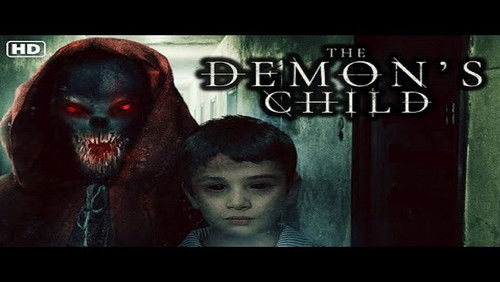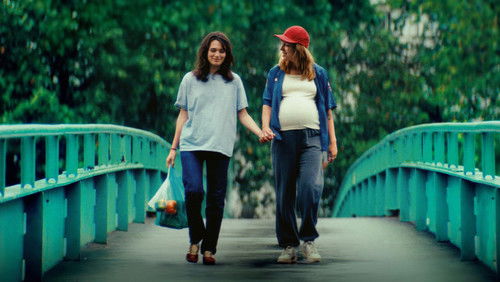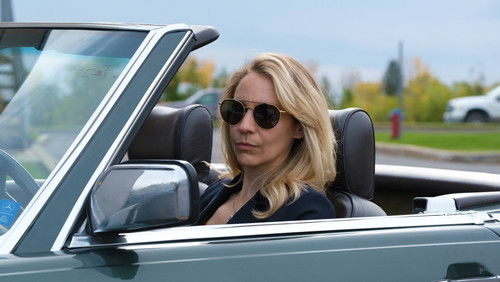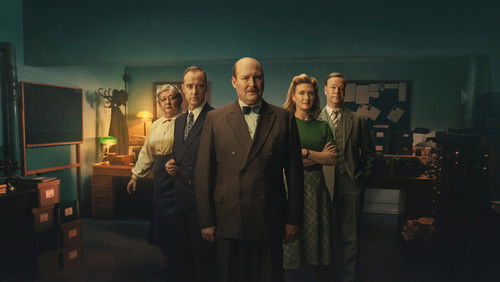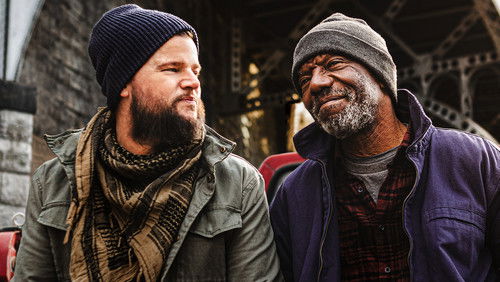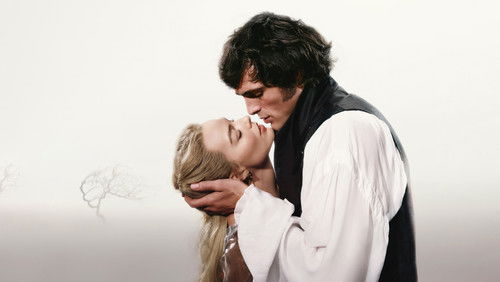Furtivos (1975)
32KFurtivos (1975). 1h 22m
“A shy hunter , an ¨Alimañero¨, Angel (Ovidi Montllor) , lives in a small inn or Meson in middle of woods in Valley of Cabuerniga (Cantabria) and dominated by his incestuous mommy , Martina (Lola Gaos) . Angel falls in love for a fierce , insolent girl called Milagros (Alicia Sánchez) who has escaped from an orphanage run by nuns of ¨Divino Consejo¨ . Shameless Milagros is the lover of a ¨Quinqui¨ or delinquent called ¨El Cuqui¨ (Felipe Solano) . Meanwhile , the Civil governor , Santiago (Jose Luis Borau) , goes to the Martinau0026#39;s Meson , sets out in hunting , shoots deers and he eats tasty stews . u003cbr/u003eu003cbr/u003eSpanish classic drama in Neo-realist style with excellent players and masterfully directed by Jose Luis Borau . This splendid drama develops a peculiar romance , a triangular love story , plenty of sadness and melancholy , between a trapper or ¨Alimañero¨ and a cheeky orphan . Throughout several narrative ellipsis , co-writer , producer , filmmaker Borau develops a strong retelling , including violence on animals , and being perfectly shot . The movie deals with various interesting issues such as ¨jealousy¨ that the old Martina has on young Milagros , including dramatic scenes as when the mother is put out her bed and room . Thought-provoking and thoughtful screenplay by Manuel Gutiérrez Aragon , subsequently a prestigious writer and director , concerning the rural world , an ordinary theme of his films . Fine performances from Ovidi Montllor as a lonely , timid man who falls in love with a scoundrel person well played by Alicia Sanchez . Lola Gaos , recent her great interpretation for ¨Tristana¨, steals the show , she gives an unforgettable and deep acting . The movie displays a nice Spanish secondary cast such as Erasmo Pascual , Jose Riesgo , Beni Deus , Antonio Gamero , Simon Arriaga and Ismael Merlo as a priest . Furthermore , Jose Luis Borau as Governor , he gives an awesome acting , adding an ironical and funny touch . This character of the Governor was offered to José Luis López Vázquez , but when he couldnu0026#39;t do it and with little time to start shooting, the director replaced at the last minute , as José Luis Borau casted himself , by insistence of co-writer Manuel Gutiérrez Aragón who had previously worked with Lopez Vazquez in ¨Habla Mudita¨. This is a u0026#39;rara avisu0026#39; film of the 70s because dealing with a strong portrait of Spanish rural society , it didnu0026#39;t please the pro-Franco authorities and was strongly censored . Borauu0026#39;s conceptual and political audacity as well as the social criticism result to be so evident in this film who he had to fight the censorship which didnu0026#39;t admit the some engaging scenes and obligated to cut some violent and terrible frames . The flick has two habitual defects , ordinaries in Spanish cinema by that time : most actors are dubbed and an inappropriate musical score by the band Vainica Doble . The movie was rejected in Festival of Cannes and Venice ; however , winning the Golden Shell in Festival of San Sebastian in 1975 during a thunderous environment when took place the last death penalties and ordered by General Francisco Franco . Really censored , finally , it was exhibited with no cuts . u003cbr/u003eu003cbr/u003eStriking cinematography by Luis Cuadrado , including correct remastering and gorgeous outdoor sequences with leafy exteriors . Being shot on location in Montejo, Madrid, and Rebollo, Segovia, Castilla y León, Spain . This motion picture was stunningly directed by Jose Luis Borau . He managed to make a fluid , decent and enjoyable drama . Borau began as a Critic of cinema and to publish articles about cinema in newspapers . He enters the Spanish Official Cinema School where he later become a teacher and after that , he directed documentaries and films . He was President of the Spanish Academy of Motion Picture Arts and Sciences ; in addition , member of the jury at the Berlin International Film Festival in 1991 . Borau was one of the best Spanish filmmakers who alternated flops as ¨Rio Abajo¨, ¨Leo¨ , ¨El Monosabio¨, ¨Tata Mia¨, along with successes such as ¨La Sabina¨ , ¨Mi Querida Señorita¨ , ¨Hay Que Matar a B¨, and his greatest picture , this hit ¨Furtivos¨ that was one of the greatest successes of Spanish cinema .”
